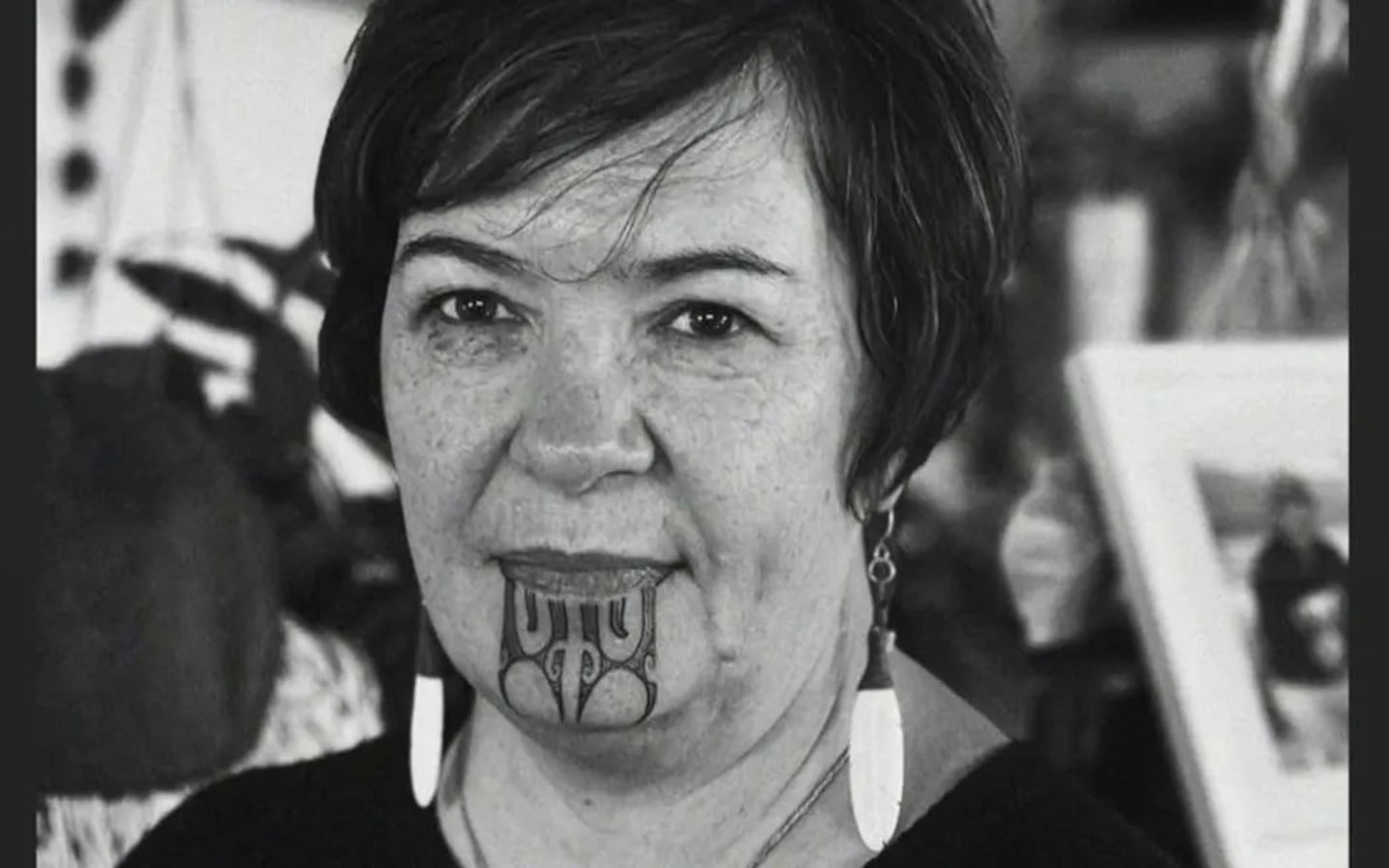A kaupapa Māori youth service says this year’s Budget delivers “nothing” for young parents, and new sanctions on benefits for rangatahi could push them into unsafe situations and homelessness.
With a kaupapa Māori framework, E Tipu E Rea Whānau Services provides dedicated support to mātua taiohi (young parents) and their whānau across crisis, employment, health, and more.
Mana whakahaere (general manager) Cindy Kawana said the whānau it works with have been completely left out of this year’s Budget.
“There’s nothing in it for our young whānau or for rangatahi,” she said.
“Rangatahi have missed out - but those that are parents have missed out more. All we’ve seen are punitive responses to youth.”
On Budget Day, Minister for Social Development Louise Upston announced the government would means-test benefits for 18- and 19-year-olds against their parents’ income from 2027.
Kawana said this policy would have devastating impacts.
“It’s just another way of denying their place in society. They’re adult enough to join the army, they’re adult enough to vote, but they aren’t adult enough to get financial support from the government when they need it ... That just seems crazy.”
Kawana said the policy overlooks the complex realities rangatahi face and assumes a level of family support that often does not exist.
“It’s a really privileged position to be able to think that all of the 18- and 19-year-olds, and specifically those our experiences are with, have relationships with their parents, that even if their parents could afford to support them, [they] would support them,” she said.
“That’s a really privileged position for the government to be sitting in.”
She said the policy also ignores complex whānau dynamics, such as children returning from state care to rebuild family relationships.
“At 18, they’re told, ‘You can’t go on the benefit. Your parents have to support you. We know what will happen to those kids. They will be living on the street.”
Kawana said the consequences are visible now through the housing crisis.
“What’s happening right now with housing and emergency housing - our kids live on the streets. Our māmā’s with babies live on the streets. These are direct consequences of the government trying to call back money because we have an unfair economic system going on.
“And it’s always those, the least that can afford it, that are penalised, forgotten and hidden in the statistical data.”
She said the sanctions would cause more harm to already struggling whānau.
“Some of our young whānau are looking for support - not just financial, but a safe place to stay. What happens when they can’t get a benefit? We know what will happen. They’ll go out on the street, or they’ll stay in really, really dysfunctional, unsafe situations.”
Kawana criticised the government’s messaging around personal responsibility, saying it ignores structural inequality and real-life experiences of tamariki in poverty.
“We don’t means-test superannuation. Why is it different for rangatahi at the start of their lives? We have millionaires getting taxpayer money. And yet young people are told they don’t deserve support?”
She said young parents, especially Māori and Pasifika, are often “talked about, but never talked to”.
“Youth might be asked to the table sometimes. But young māmā and pāpā with pēpi - they’re left out completely.”
Investment should focus on prevention and support, Kawana said.
“As a society, we do have a responsibility for our youth. The state has intervened in many of their lives, and done a terrible job for some. We can’t now turn around and say: ‘We owe you nothing’.
“Recognise our mātua taiohi as whānau in their own right. Support them financially, emotionally, practically - so that their tamariki thrive.”
In response, Minister for Social Development Louise Upston said the welfare system should support those who need it most, but “we aren’t willing to watch any young New Zealanders get stuck on the benefit”.
“We don’t accept that a life on welfare is as good as it gets for any of our young people,” she said.
“That’s why our government is taking steps to make sure work, training, or study is the focus for all young people.”
Upston said the Budget prioritised funding for community coaches, bonus payments, and personalised plans to “hold young people accountable” while supporting them with job coaching and needs assessments.
The final decisions on the parental income test will be made later this year, with considerations for hardship and caregiver situations.
Minister for Māori Development and Associate Minister of Housing Tama Potaka said it was “wrong to say the government doesn’t care about housing for vulnerable young people”.
“Our housing policy has lifted hundreds of Māori whānau and tamariki out of dire emergency housing and into better homes,” he said. “That can mean a world of difference for young people in terms of better health, regular school attendance, or maintaining employment.”
He said the government wants rangatahi to grow their education at kura or follow their own ambitions through mahi or business enterprise.
“The government is investing in rangatahi Māori through the overall increase in education funding as well as extra investment in Māori education specifically, including funding for kura, te reo Māori proficiency, and training for kaiako.
“Our aspirations are the same as many parents across the motu: we want all rangatahi to make the most of their talents. That’s why we’re saying 18- and 19-year-olds who aren’t working or studying should be supported by their parents or guardians, not the taxpayer.”,



